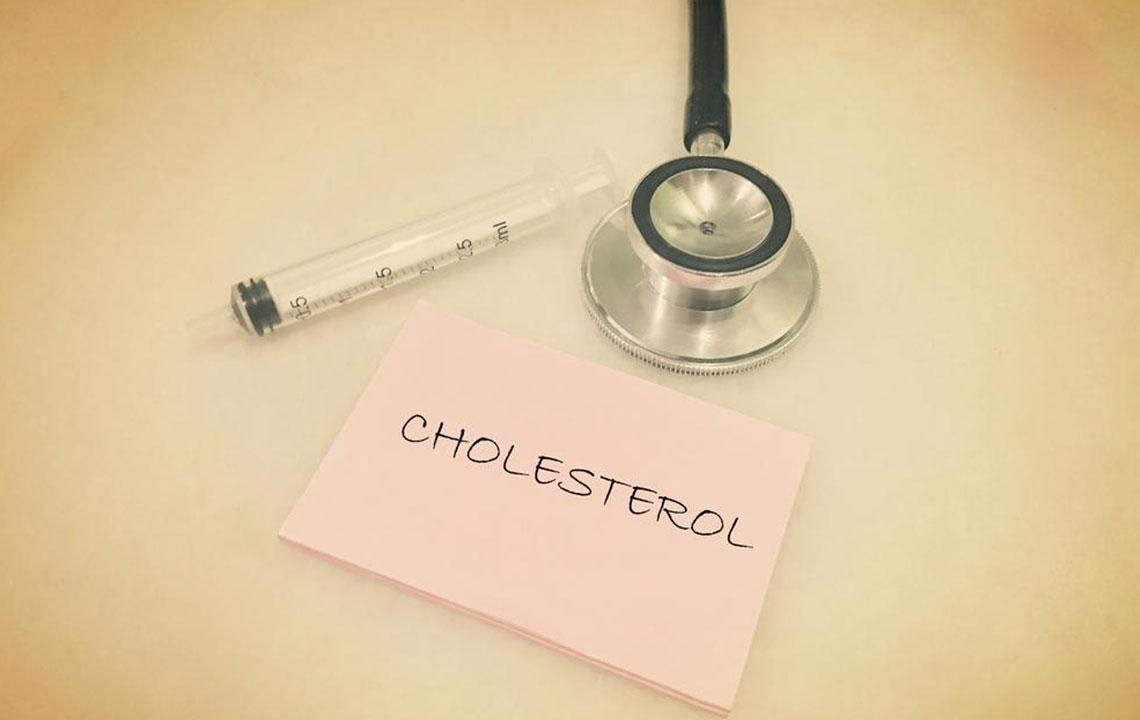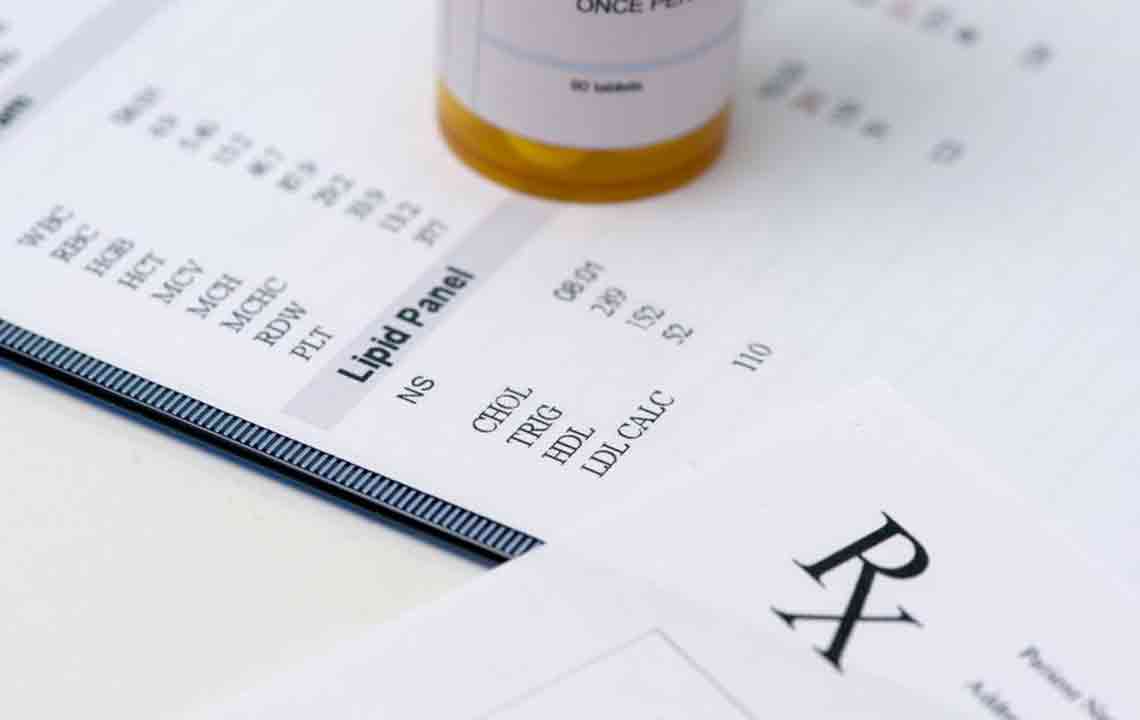Comprehensive Approaches and Treatments for Managing High LDL Cholesterol to Protect Heart Health
Managing high LDL cholesterol is essential for preventing heart disease, strokes, and peripheral artery disease. This comprehensive guide explores lifestyle changes, dietary strategies, and medications essential for controlling LDL levels. Regular testing and personalized treatment plans can significantly reduce cardiovascular risks. Timely intervention and ongoing management promote long-term heart health and overall well-being, emphasizing the importance of proactive health strategies to combat high LDL cholesterol effectively.

Comprehensive Approaches and Treatments for Managing High LDL Cholesterol to Protect Heart Health
Maintaining optimal cholesterol levels is fundamental to preserving cardiovascular health and preventing serious health outcomes. Among the various types of cholesterol, Low-Density Lipoprotein (LDL) cholesterol is often labeled as "bad cholesterol" because of its role in plaque formation within arteries. Elevated LDL levels can significantly increase the risk of developing heart disease, strokes, and peripheral artery disease. Despite its importance, high LDL cholesterol often remains undetected because it typically does not cause noticeable symptoms until a cardiovascular event occurs. Therefore, routine blood testing and proactive health management are crucial for early detection and intervention.
Understanding the critical impact of high LDL cholesterol on overall health underscores the importance of adopting a comprehensive management plan. This plan generally involves lifestyle modifications and, when necessary, pharmacological treatments. Lifestyle interventions are usually the first line of defense and include dietary adjustments, increased physical activity, weight management, and other healthy habits. When lifestyle changes alone prove insufficient, healthcare providers may recommend medications such as statins, ezetimibe, or other lipid-lowering drugs to help bring LDL levels under control. Personalized treatment strategies tailored to individual health profiles and risk factors maximize the effectiveness of interventions and promote long-term health benefits.
Routine cholesterol screenings through blood tests are essential for identifying high LDL levels early.
Adopting a heart-healthy diet rich in vegetables, fruits, whole grains, lean proteins, and healthy fats while avoiding saturated and trans fats.
Engaging in at least 150 minutes of moderate-intensity aerobic exercise weekly, such as brisk walking, swimming, or cycling.
Maintaining a healthy body weight to reduce strain on the cardiovascular system and improve lipid profiles.
When lifestyle modifications are inadequate, consulting healthcare professionals about medications like statins, ezetimibe, or PCSK9 inhibitors.
Timely intervention with a combination of dietary changes, physical activity, and medication can dramatically reduce the risk of life-threatening cardiovascular events. Effective management of LDL cholesterol not only supports heart health but also contributes to overall wellness, helping individuals lead healthier, longer lives. Regular follow-ups and monitoring tests are vital to assess treatment efficacy and make necessary adjustments, ensuring that cholesterol levels remain within safe ranges.





